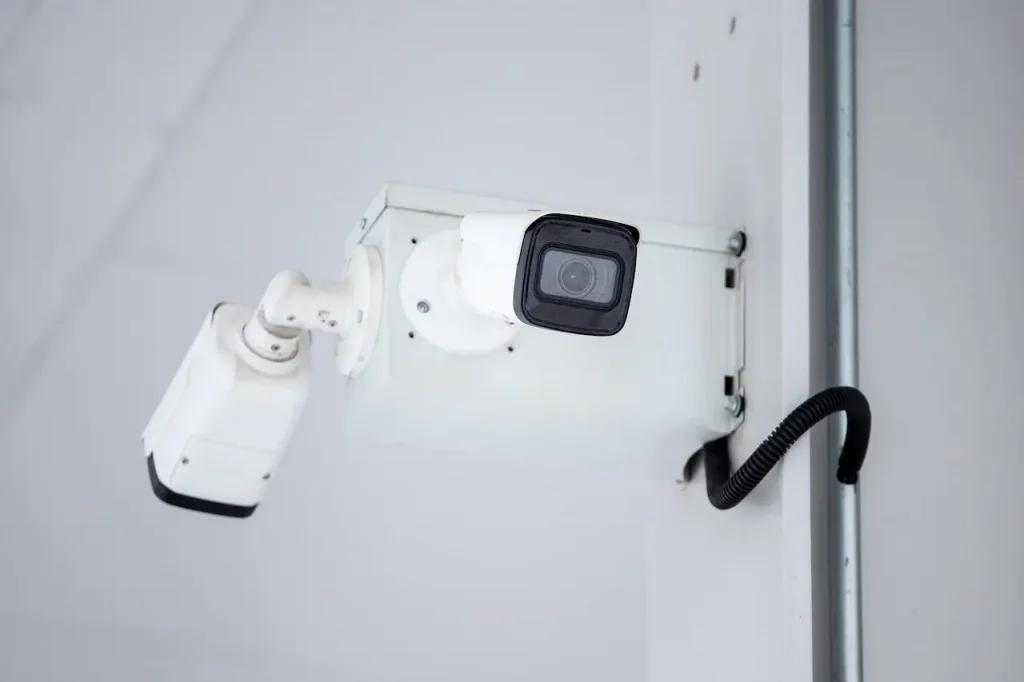
Many employers are unaware of the risks of using CCTV footage as evidence in disciplinary proceedings. After all, with the prevalence of closed-circuit television in our society, you would think that if a person is caught on camera doing something wrong and can be easily identified, such evidence could be used without question in a disciplinary hearing.
Unfortunately, it doesn’t always work like that. This aspect of employment law is complex, and a careful understanding is required. Many employers mistakenly believe that they have carte blanche to use CCTV footage to protect their businesses, but that is not the case unless it is used properly.
In this article, we will be focusing on the types of circumstances in which CCTV footage could be appropriately used as evidence by an employer seeking to initiate disciplinary proceedings against an employee.
Video evidence captured on CCTV constitutes personal data under the General Data Protection Regulations so various important rules need to be followed when processing this data as evidence in a disciplinary hearing. Failure to comply with the regulations could lead to a constructive dismissal claim together with allegations of a breach of human rights. Personal data can only be used for the purpose for which it was intended and not for anything else. Under GDPR, any use of CCTV footage must be for a lawful purpose which can be considered in the DPIA mentioned below.
Preliminary actions employers to take when using CCTV
- An employer needs to register with the ICO to be able to use and install CCTV equipment.
- Senior managers should conduct a Data Protection Impact Assessment (DPIA) while adequately explaining why the use of CCTV is needed.
- Employees should be notified and ideally, they should be consulted about the use of CCTV cameras, unless there are exceptional circumstances.
- Clear signage and notices are required, showing where CCTV is being used.
- CCTV is more likely to be seen as acceptable if used in public places where there is a low expectation of privacy such as a corridor or lobby, rather than in the kitchen, staff room or lavatories.
- A workplace policy on CCTV should be drafted and circulated to all employees setting out how the gathered data will be used.
Risks to employers who use CCTV improperly
- A breach of General Data Protection Regulations could result in high-level fines as well as being reported to the ICO.
- Reputational damage to staff members and the wider community with possible press interest in cases where the regulations have been breached.
- A breach of the human rights and or the rights of privacy of an employee.
- The risk of an employee resigning and alleging a breach of GDPR, together with allegations that the employer has acted in breach of contract or behaved in such a way that damages trust and confidence, leading to a constructive dismissal claim.
- A finding of unfair dismissal against the employer in an employment tribunal if an employee is dismissed by wrongful use of CCTV, even if the CCTV evidence against the employee is clear.
In conclusion, employers can use CCTV where appropriate, but the potential risks need to be considered and addressed to minimise and avoid any consequences associated with breaching General Data Protection Regulations. Feel free to contact our solicitors if you need legal advice about the correct use of CCTV in your workplace.

